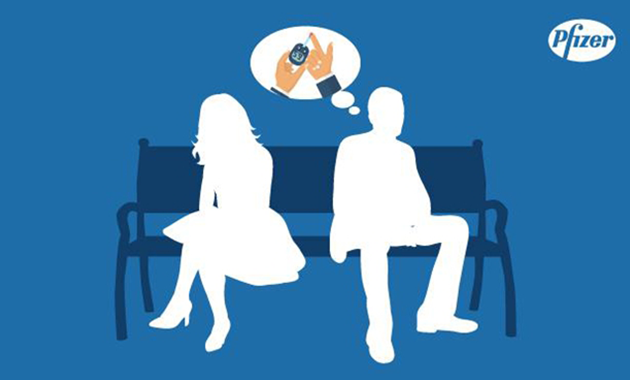
Erectile dysfunction (ED) or impotence is a condition in which the person is persistently unable
to achieve or maintain an erection adequate enough to have intercourse. ED is common in men with both type 1 and type 2 diabetes. More than half of the diabetics in the world have ED because they are at a higher risk as compared to non-diabetics.
Studies show that diabetics are three times more likely to develop ED. Moreover, the risk of ED in men with diabetes increases with age. Let us find out why this happens.
How diabetes can lead to impotence
In a person suffering from diabetes, there is a high chance of getting ED around 10-15 years
earlier than non-diabetics. This can be attributed to factors such as longer duration of
diabetes, old age, poor glycemic control, and neuropathy. Moreover, the condition is more
severe and less responsive to medicines in diabetics, which further impairs the quality of life.
The mechanism of ED in diabetes depends on psychological as well as organic factors which
are:
Neurological: Diabetic neuropathy can impair the autonomic and somatic nerve processes, which are essential for penile erection. Nitric oxide supplied through the neurological (nerve) pathway is responsible for the relaxation of the corporal smooth muscle. It is the muscle that controls the erection. In diabetes, this mechanism is impaired and as a result, there is no
erection when aroused.
Vascular: Diabetes can cause vascular dysfunction which leads to atherosclerotic damage of
the blood vessels. This limits blood flow to the penis, which causes an inability to achieve an
erection. Moreover, vascular damage can also impact the release of nitric oxide thereby
impairing the smooth muscle relaxation and affecting the erection.
Hormonal: Men suffering from type 2 diabetes have been reported to have significantly lower
testosterone levels than men without diabetes. Testosterone is a hormone that plays an
important role in the male reproductive and metabolic functioning in men. Moreover, high
blood glucose levels can cause a reduction in the hormones secreted by the pituitary gland, which are responsible for stimulating the production of testosterone by the testes. Low levels of testosterone may lead to a decline in sexual desire and hypogonadism.
Psychological: It is estimated that around ten to thirty percent cases of ED may be purely
psychological. Depression is a common psychiatric condition seen in diabetics, which can
contribute to psychogenic ED in diabetic men. This, when coupled with other psychological
factors, may aggravate ED by directly inhibiting spinal centers and nerve function. This
ultimately affects the relaxation of the smooth muscles in the penis thus causing difficulty in
achieving an erection.
ED can cause an increase in mental stress, lead to disordered interpersonal relationship and
interfere in their sexual life, thus affecting the overall quality of life in diabetics.
Diabetics, especially those with poor glycemic control, obesity and those who are aged, are at a
high risk of ED. This is why regular screening for low testosterone and appropriate clinical
intervention is advised for such patients. Early detection of ED and proper treatment in
diabetic patients can improve their overall health and quality of life.
PP-VIA-IND-0127 13/08/2018
References:
1. Maiorino MI, Bellastella G, Esposito K. Diabetes and sexual dysfunction: current
perspectives. Diabetes Metab Syndr Obes. 2014 Mar 6;7:95-105. Available from:
https://www.ncbi.nlm.nih.gov/pmc/articles/PMC3949699/
2. Lue TF, Brant WO, Shindel A, et al. Sexual Dysfunction in Diabetes. South Dartmouth (MA):
MDText.com, Inc.; 2000. Available from: https://www.ncbi.nlm.nih.gov/books/NBK279101/
3. Dean RC, Lue TF. Physiology of penile erection and pathophysiology of erectile dysfunction. Urol Clin North Am. 2005 Nov;32(4):379-95.
https://www.ncbi.nlm.nih.gov/pmc/articles/PMC1351051/
4. Anwar Z, Sinha V, Mitra S, Mishra AK, et al. Erectile Dysfunction: An Underestimated
Presentation in Patients with Diabetes Mellitus. Indian J Psychol Med. 2017 Sep-Oct;39(5):600-
604. Available from: https://www.ncbi.nlm.nih.gov/pmc/articles/PMC5688886/
5. Katib A. Mechanisms linking obesity to male infertility. Cent European J Urol.
2015;68(1):79-85. Available from: https://www.ncbi.nlm.nih.gov/pmc/articles/PMC4408383/